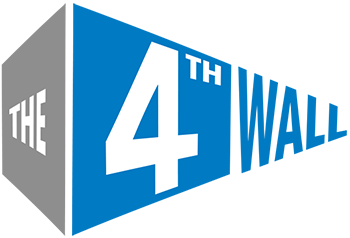Jan 16, 2026
The show is changing by the minute. The designer is calling ideas as quickly as they can think them. You're listening, anticipating the next adjustment, updating cues, and trying to stay organized enough that nothing slips through the cracks. Every adjustment matters. The goal is simple: keep the creative process moving. Read More »
Jan 2, 2026
Jun 9, 2025
Aug 22, 2025
Aug 19, 2025
Jul 1, 2025
Jun 17, 2025
Jul 16, 2025
Jun 18, 2025
Jun 5, 2025
Apr 14, 2025
Mar 28, 2025
Mar 28, 2025
Mar 25, 2025
Mar 25, 2025
Mar 17, 2025
Feb 18, 2025
Jan 8, 2025
Dec 20, 2024
Dec 11, 2024
Nov 18, 2024
Nov 1, 2024
Oct 2, 2024
Sep 6, 2024
Aug 19, 2024
